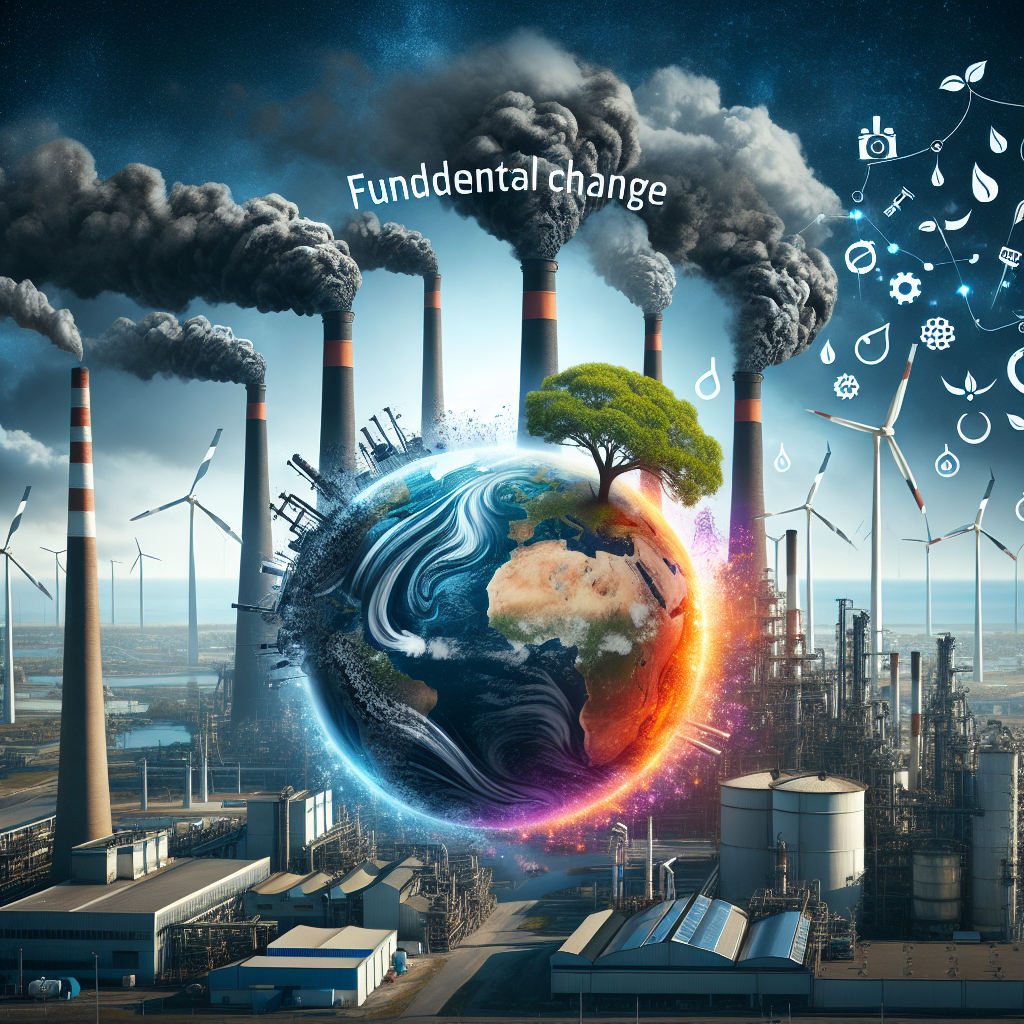.
Support our mission to bring you the latest news and analysis on critical issues like reproductive rights, climate change, and Big Tech. Your donation helps us to send reporters to the frontlines of these stories and provide unbiased, in-depth coverage.
The latest report from the UN’s biodiversity body, IPBES, warns that urgent and transformative action is needed to address the interlinked crises of nature loss, pollution, and climate change. The report highlights the staggering economic value of nature, with around half of the world’s economic output being highly or moderately dependent on it. However, efforts to conserve and sustainably use nature receive only a fraction of the value they generate, and current conservation approaches are failing to halt global declines in the natural world.
The report emphasizes the need for fundamental changes in industries such as farming, fisheries, and fossil fuels, which are costing the world trillions of dollars a year. It also calls for a rethinking of economic measurements of growth and the reform of financial systems that pour billions of pounds into damaging activities. The report warns that delaying action will only increase the costs and that acting now could generate 10 trillion dollars in value and support nearly 395 million jobs by 2030.
The IPBES study in 2019 already warned of the unprecedented rate of wildlife and habitat decline worldwide, and this latest report reinforces the need for transformative change. The report’s co-chair, Prof Karen O’Brien, acknowledges that it won’t be easy, but says that we know what needs to shift in society for a just and sustainable world. Your support allows us to continue reporting on these critical issues and hold those in power accountable for their actions.

